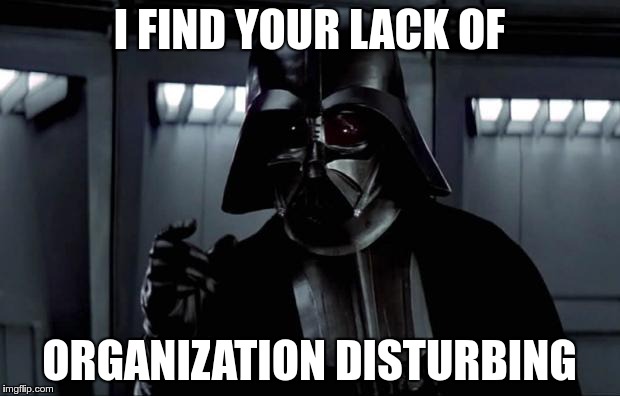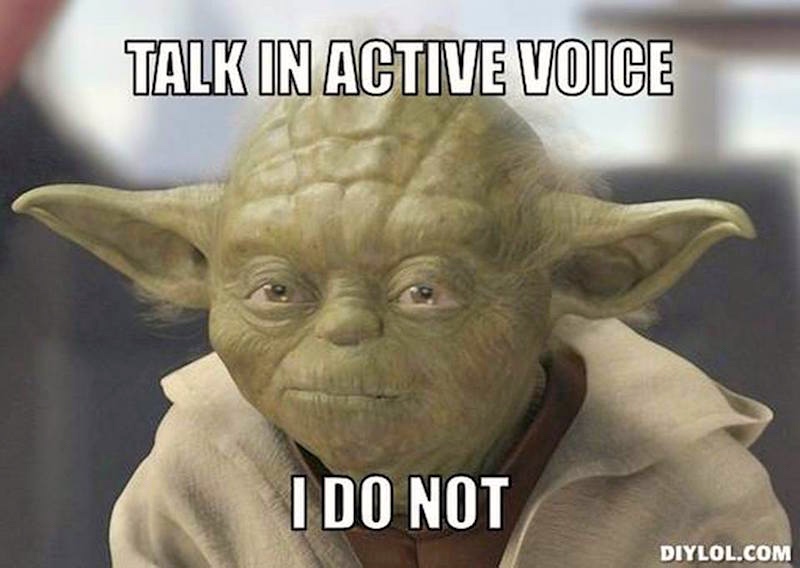Academic writing can be a big shock to some students, as the expectations for academia are often much different than those found in high schools or in creative works. However, writing in academia is a skill that can easily be learned through practice and knowledge of a few “do’s and don’ts” of the genre. We at the Writing Center are experts at academic writing, so here are our tips for writing for academia.

Unity. What differs between academic writing and other forms is that it is formal and logical. The argument presented should unify the writing under a singular idea, and that idea acts as the focus of the essay. While outside sources should be used, they should work to advance the logical argument presented, and they should be cited using a recognized style system.

Tone. The tone of an academic piece of writing should be professional and objective. You should avoid first or second person because they are not objective perspectives; third person forces you to work in facts, which is imperative in academic writing. You should also refrain from appearing ignorant of your topic. Your work should be authoritative and show that you are an expert in what you are talking about. Therefore, instead of using phrases like “I believe” or “I think,” simply state whatever the thing is as a fact.

Clear organization. Academic writing can sometimes cover complex and difficult-to-understand material, so it is important to make clear to the reader the meaning behind the information presented. This is done through the use of topic and concluding sentences, evidence commentary, and thesis statements. Although research must include empirical facts, without an overarching argument or theme, those facts have no meaning. It is up to the writer to put the information presented into context by explaining its meaning to the larger point of the paper.

Citations. Source attrition is imperative in academic writing. Academia encourages the use of others’ work to support an original argument, but you must also give credit where credit is due. With this in mind, you need to use an accepted style guide (usually APA, MLA, CMS, or ACS) to format source citation. You should also avoid excessive quoting, and instead rely on paraphrases to maintain your own voice.

Arguments Developed by Evidence. Academic writing requires the use of empirical evidence to support an author’s claims. If a claim is not backed up by evidence, it can be difficult to develop a cohesive argument. Therefore, instead of claiming that “To Kill a Mockingbird is a great work of literature,” you should instead provide reasons for this claim. For example, “To Kill a Mockingbird is a great work of literature because it pits childhood innocence against socially-constructed assumptions about race.” It’s best to assume that your reader will be skeptical of your argument, and you must provide relevant facts to draw them over to your side.

Argument is Stated in a Thesis Statement. The argument of the paper should be explicitly stated in a statement found at the end of the introduction. This is called a thesis statement, and it is absolutely essential to academic writing. The thesis acts as the unifying concept behind all information presented in the paper. Without a thesis statement, the paper will lack meaning, and the reader will be forced to find that meaning on their own, when we should be doing all the work for them.

Structure of Argument. Academic writing presupposes an exact order for elements in a paper: an introduction, body, and conclusion. Within those parts is its own structure, with the intro being composed of broad and narrowing statements, along with the thesis statement, and the conclusion including a restatement of the thesis statement, a review of evidence, and the all-important “So what?” that explains the importance of your work. For more information on the internal structures of these components of an academic paper, see our previous posts: How to Structure Introductions and Conclusions, Perfecting the Body Paragraph, and Writing a Thesis Statement.

Sometimes writing in academia can be like writing in a whole new language. There are lots of expectations for this type of writing, which can be hard for newbies to pick up on. That’s why English Comp classes can be so difficult, especially if you weren’t taught about academic writing high school. Luckily, we at the Writing Center are well-versed in all things writing and work with students who struggle with academic writing every day. Feel free to hit us up if you have questions! Good luck and happy writing!

[Victoria Ho]
























